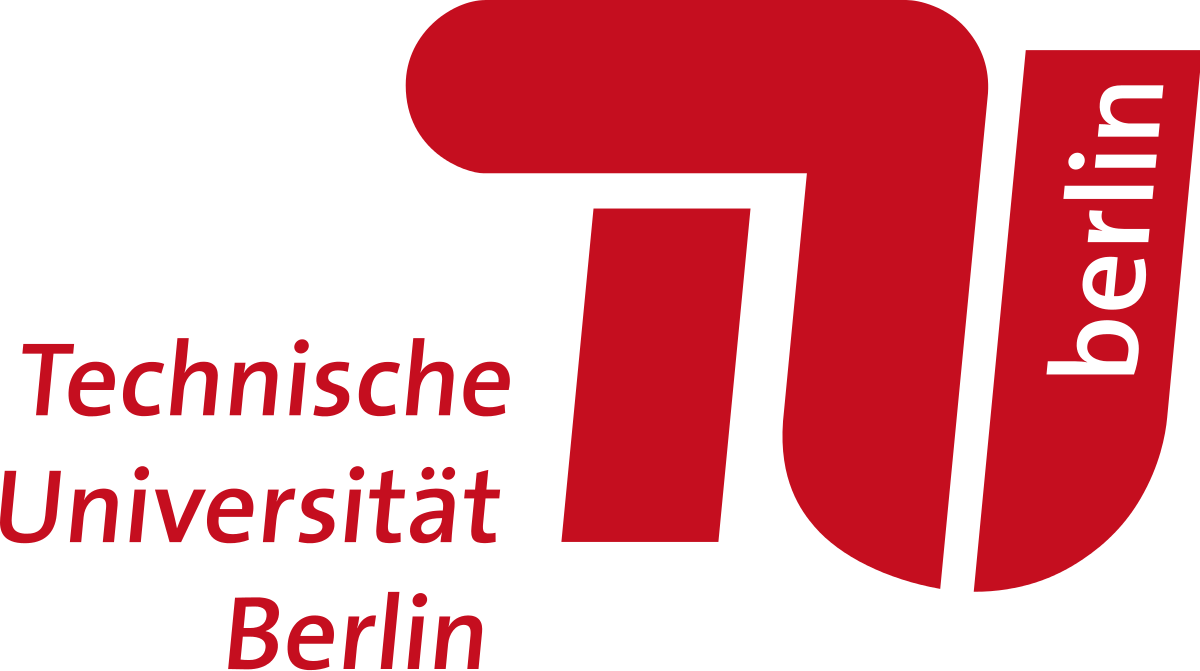Leibniz Institute for Crystal Growth & Technische Universität Berlin

Leibniz Institute for Crystal Growth (IKZ)
The work of the Leibniz Institute for Crystal Growth (IKZ) is devoted to the growth of crystalline materials from basic research up to technological realization.
- Incorporationin 1992, following a recommendation of the "Wissenschaftsrat" of the Federal Republic of Germany
- Roots go back to the expertise of coworkers from institutes of the former Academy of Sciences of the GDR, especially the "Centre for Construction of Scientific Equipment", the Central Institutes of Optics and Spectroscopy and of Electron Physics, and from the former Crystallography Department of the Humboldt University of Berlin.
- The mission of the Institute is to perform basic and applied research in the fields of growth, characterization and processing of crystalline matter and to fulfil service tasks for partners and customers in industry and science.
Main tasks of the Institute are
- growth of crystals with dimensions between decimeters and nanometers
- and development of growth and processing technologies
- characterization of crystals and development of methods for characterizing them
- design and construction of components for growth, processing and characterization facilities
Technische Universität Berlin
The internationally renowned Technische Universität Berlin is located in Germany’s capital city at the heart of Europe. Our activities focus on building a distinctive profile, exceptional performance in research and teaching, excellent qualifications for our graduates and a forward-looking administration. The TU Berlin strives to promote the dissemination of knowledge and to facilitate technological progress by adhering to the principles of excellence and quality. Strong regional, national and international networking partnerships with science and industry are an important aspect in this regard.
Our research and teaching endeavors can be characterized by a broad spectrum of academic disciplines, ranging from engineering science to natural science, planning science and economics, as well as the humanities and social sciences.
Want to know more?
Leibniz Institute for Crystal Growth (IKZ)'s Official Website
Leibniz Institute for Crystal Growth (IKZ)'s Official Website